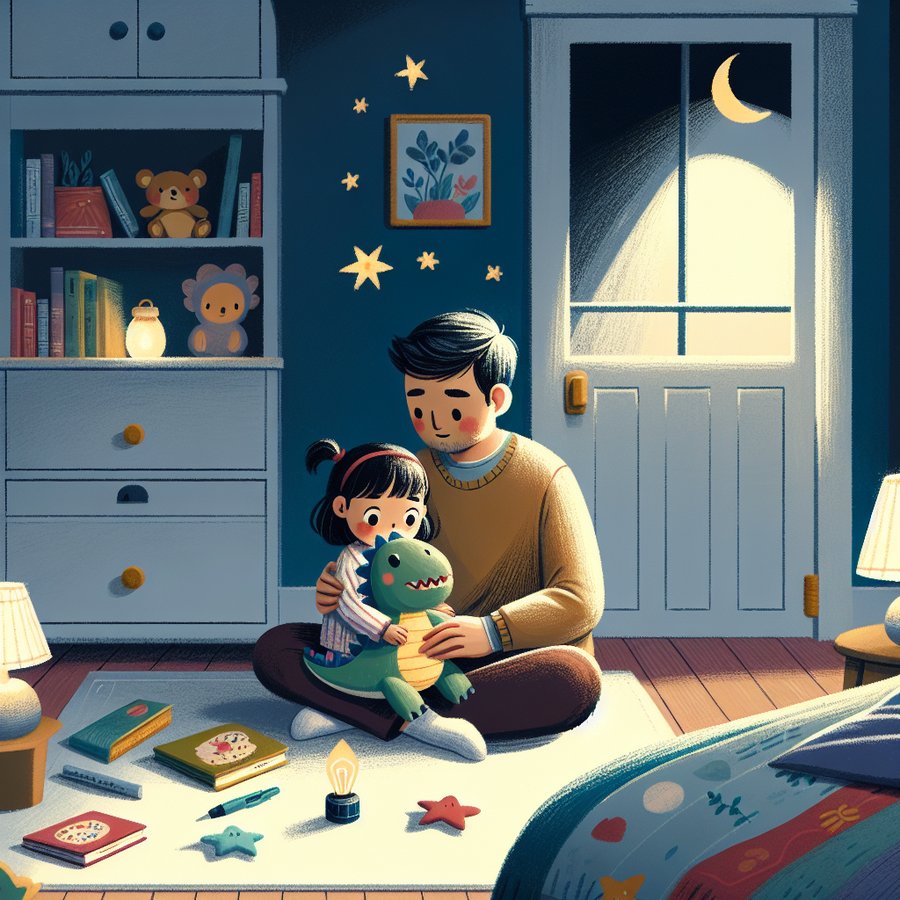Handling a toddler’s fear of the dark: Developmental insights into this common issue can help parents and caregivers support their children through what can be a challenging phase. This article delves deep into the reasons behind the fear of the dark, offering practical strategies to alleviate it while promoting healthy developmental progress. Understanding the root of this fear is the first step in helping your child feel secure and comfortable at night.
Why Do Toddlers Fear the Dark?
The fear of the dark, technically known as nyctophobia, is a common part of child development. Many toddlers experience this fear, but not all for the same reasons. Developmental psychologists suggest that as children’s imaginations grow, so does their ability to conjure up ideas that scare them in the dark. This is a normal part of growing up, signifying that your toddler’s cognitive abilities are expanding. However, understanding this doesn’t necessarily make bedtime any easier.
From a developmental perspective, toddlers are also at a stage where they are learning to navigate and understand the world around them. Darkness represents the unknown, and for a toddler, the unknown can be frightening. This period of fear typically coincides with their growing sense of independence, making it an essential phase for caregivers to manage thoughtfully.
Handling a Toddler’s Fear of the Dark: Developmental Insights
When it comes to handling a toddler’s fear of the dark, patience and understanding are key. Recognizing that this fear is a normal part of development can help caregivers approach the situation with empathy. Creating a bedtime routine that feels safe and reassuring for your toddler can significantly reduce their anxiety levels. This might include leaving a night light on, ensuring the child has a favorite toy or blanket, and establishing a calming bedtime ritual.
Additionally, discussing fears during the daytime, when the dark isn’t an immediate threat, can be beneficial. This open dialogue helps toddlers feel heard and understood, and it provides an opportunity for caregivers to debunk myths and alleviate unfounded fears. Encouraging the use of imagination in a positive way can also redirect their thoughts from fearful to comforting scenarios.
Strategies to Alleviate Fear of the Dark
There are several strategies that can be effective in helping your toddler overcome their fear of the dark. Firstly, consider the environment: a comfortable and secure bedroom setup is crucial. This might include adjusting the lighting with dimmers or night lights and ensuring the room is free from shadows that could be misinterpreted by an imaginative mind.
Engaging in calming activities before bed can also make a big difference. Activities like reading a bedtime story, listening to soothing music, or doing some gentle stretching can help ease the transition to sleep. It’s also beneficial to stick to a consistent bedtime routine, as predictability can provide a sense of security for toddlers.
In addition to in-home strategies, there are external resources that can offer guidance. For example, consulting with a pediatrician or child psychologist can provide tailored advice based on your child’s specific needs. Moreover, visiting educational websites like Zero to Three can offer valuable insights and tips on managing nighttime fears.
Handling a toddler’s fear of the dark requires a blend of empathy, patience, and actionable strategies. By understanding the developmental roots of this fear and implementing thoughtful solutions, caregivers can help their toddlers feel more secure at night. Remember, each child is unique, and what works for one may not work for another. Tailoring your approach to your child’s specific needs and fears will garner the best results.
For more insights into toddler development and tips on navigating common challenges, explore our articles on gross motor skill development and teaching toddlers about emotions.













